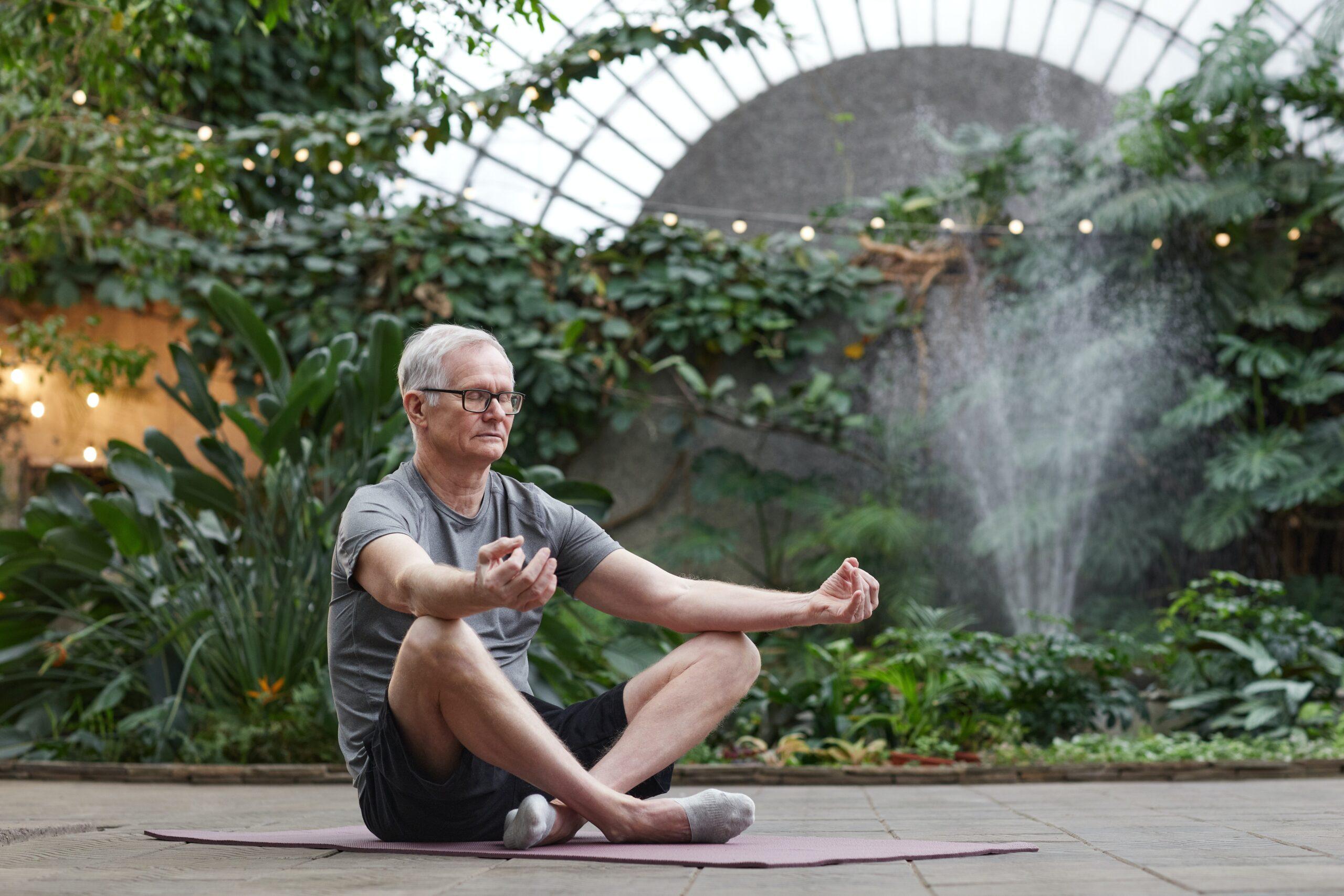Putting Yourself First: Prioritizing Wellbeing
Wellbeing, also spelled "well-being," is a multifaceted concept that reflects the overall quality of a person's life. It includes physical health, mental clarity, emotional resilience, and meaningful social connections. Achieving wellbeing is about more than avoiding illness; it's about cultivating a balanced and fulfilling life.
Dimensions of Wellbeing
1. Physical Wellbeing:
- Involves maintaining a healthy body through regular exercise, balanced nutrition, sufficient sleep, and preventive healthcare.
- Activities such as yoga, walking, or engaging in sports can significantly enhance physical health.
2. Mental Wellbeing:
- Refers to a state of mental clarity, focus, and the ability to cope with stress effectively.
- Practices like mindfulness, meditation, and continuous learning can strengthen mental health.
3. Emotional Wellbeing:
- Involves understanding and managing emotions in a way that promotes inner peace and resilience.
- Building gratitude, practicing self-compassion, and seeking therapy when needed are ways to support emotional health.
4. Social Wellbeing:
- Relates to building and maintaining positive relationships with others, fostering a sense of belonging and support.
- Spending quality time with family, friends, and community members can enhance social connections.
5. Spiritual Wellbeing:
- Entails a sense of purpose and connection to something greater than oneself.
- Activities such as meditation, prayer, or exploring personal values can nurture spiritual health.
Benefits of Prioritizing Wellbeing
- Improved Health: Strong physical and mental wellbeing can lead to a reduced risk of chronic diseases.
- Increased Productivity: A balanced state of wellbeing enhances focus, creativity, and work efficiency.
- Greater Resilience: Individuals with high levels of wellbeing are better equipped to handle life's challenges.
- Enhanced Relationships: Emotional and social wellbeing foster stronger, more meaningful connections.
Practical Steps to Enhance Wellbeing
1. Set Boundaries: Learn to say no to activities or commitments that drain your energy.
2. Prioritize Self-Care: Dedicate time daily to activities that refresh and energize you, like reading, hobbies, or a relaxing bath.
3. Stay Active: Incorporate movement into your routine, whether it’s dancing, cycling, or gardening.
4. Seek Support: Don’t hesitate to reach out to friends, family, or professionals when you need help.
5. Practice Gratitude: Reflect daily on things you're thankful for to shift your perspective toward positivity.
Conclusion
Prioritizing wellbeing is not a luxury but a necessity. By investing in all dimensions of your health, you can create a life filled with balance, joy, and purpose. Remember, putting yourself first is the key to living your best life.
Putting Yourself First: Prioritizing Wellbeing
Wellbeing, also spelled "well-being," is a multifaceted concept that reflects the overall quality of a person's life. It includes physical health, mental clarity, emotional resilience, and meaningful social connections. Achieving wellbeing is about more than avoiding illness; it's about cultivating a balanced and fulfilling life.
Dimensions of Wellbeing
1. Physical Wellbeing:
- Involves maintaining a healthy body through regular exercise, balanced nutrition, sufficient sleep, and preventive healthcare.
- Activities such as yoga, walking, or engaging in sports can significantly enhance physical health.
2. Mental Wellbeing:
- Refers to a state of mental clarity, focus, and the ability to cope with stress effectively.
- Practices like mindfulness, meditation, and continuous learning can strengthen mental health.
3. Emotional Wellbeing:
- Involves understanding and managing emotions in a way that promotes inner peace and resilience.
- Building gratitude, practicing self-compassion, and seeking therapy when needed are ways to support emotional health.
4. Social Wellbeing:
- Relates to building and maintaining positive relationships with others, fostering a sense of belonging and support.
- Spending quality time with family, friends, and community members can enhance social connections.
5. Spiritual Wellbeing:
- Entails a sense of purpose and connection to something greater than oneself.
- Activities such as meditation, prayer, or exploring personal values can nurture spiritual health.
Benefits of Prioritizing Wellbeing
- Improved Health: Strong physical and mental wellbeing can lead to a reduced risk of chronic diseases.
- Increased Productivity: A balanced state of wellbeing enhances focus, creativity, and work efficiency.
- Greater Resilience: Individuals with high levels of wellbeing are better equipped to handle life's challenges.
- Enhanced Relationships: Emotional and social wellbeing foster stronger, more meaningful connections.
Practical Steps to Enhance Wellbeing
1. Set Boundaries: Learn to say no to activities or commitments that drain your energy.
2. Prioritize Self-Care: Dedicate time daily to activities that refresh and energize you, like reading, hobbies, or a relaxing bath.
3. Stay Active: Incorporate movement into your routine, whether it’s dancing, cycling, or gardening.
4. Seek Support: Don’t hesitate to reach out to friends, family, or professionals when you need help.
5. Practice Gratitude: Reflect daily on things you're thankful for to shift your perspective toward positivity.
Conclusion
Prioritizing wellbeing is not a luxury but a necessity. By investing in all dimensions of your health, you can create a life filled with balance, joy, and purpose. Remember, putting yourself first is the key to living your best life.










